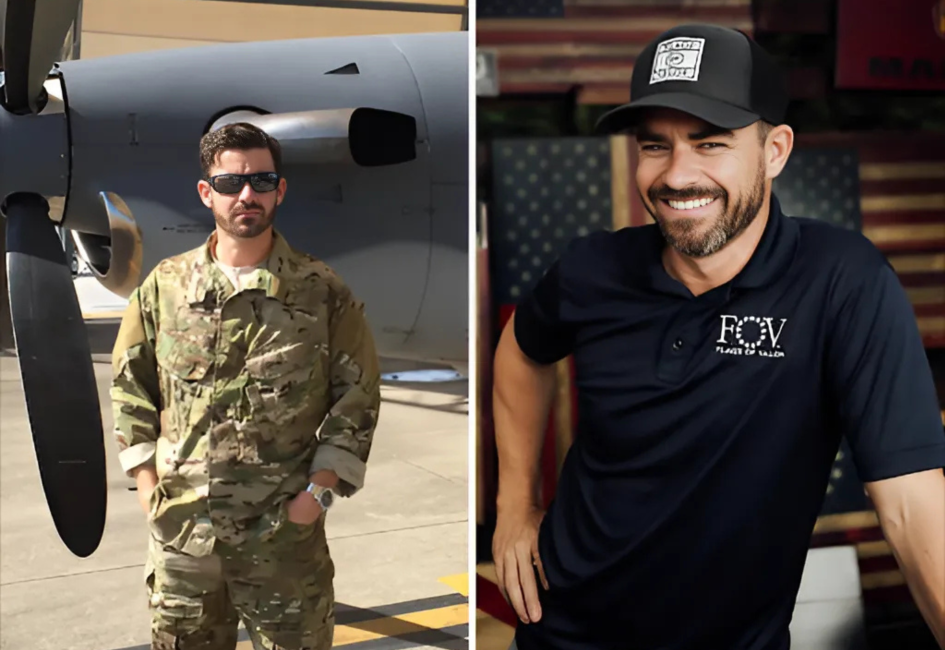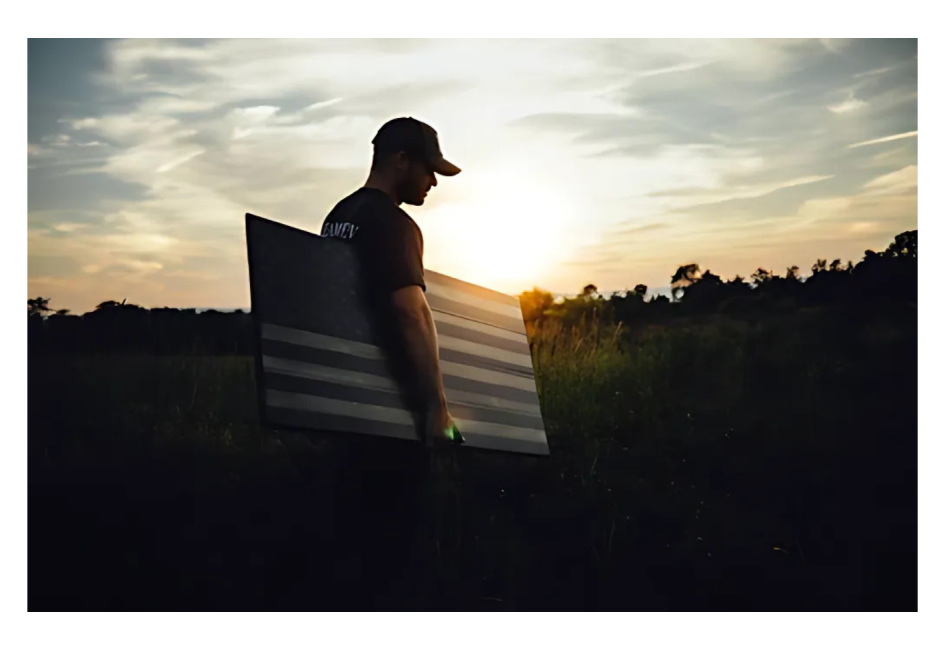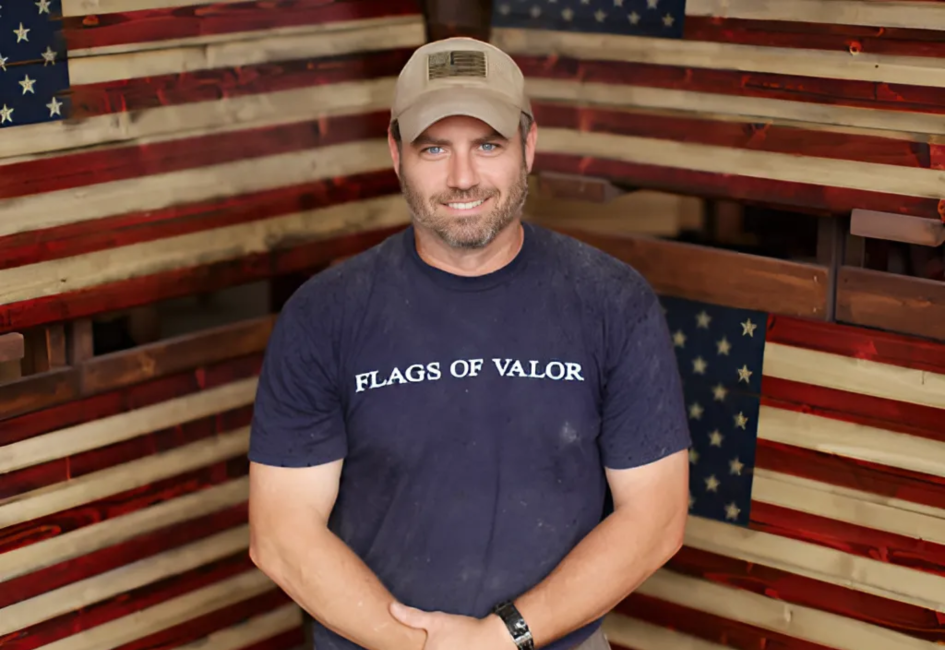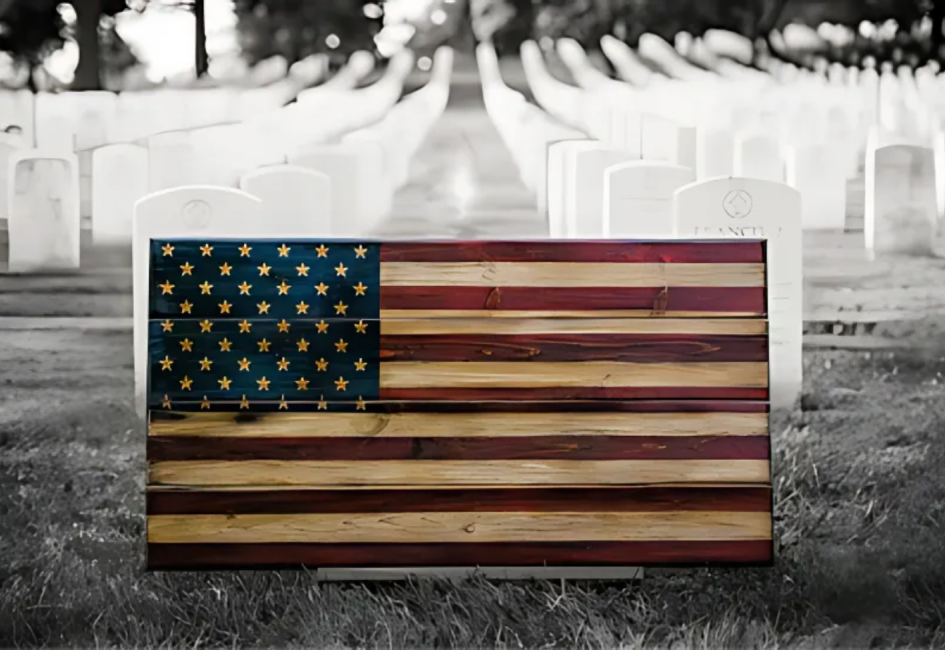Brian Steorts: Bond of Brothers


“Everyone in my family who served has struggled with post-traumatic stress,” Brian Steorts said.
That service runs deep through his bloodline. His sister and brother both wore the uniform, managing the same challenges that can come with military life.
They grew up Air Force brats, and Brian knew early on that he wanted to follow in his family’s footsteps. He set his sights on the cockpit, dreaming of flying A-10s. He completed pilot training and spent 15 years in the Air Force as a special operations pilot.
It might not have been the exact aircraft he imagined as a kid, but he flew with pride all the same. His nine deployments took him to Afghanistan and to Africa—places where the mission came first, and emotions had no place.
His job was to keep his eyes on the battlefield, watching the fight unfold from above. His brother Bill was the one on the ground, staring the enemy in the face. Two different vantage points, two different wars. But the same invisible tether kept them connected to experiences that would shape them long after the battles ended.
Then came 2012.
In the span of six months, Brian was injured on his ninth deployment, underwent spinal surgery, lost four friends in combat, and lost his sister to her mental health struggles. Trauma layered on top of trauma, with no time to process, no room to grieve.
“Coming back was always the hardest part,” Brian shared. “You go downrange, focus on the mission, suppress what’s unnecessary, and execute. Then, suddenly, you’re home—expected to flip a switch and step back into the roles of husband, father, brother, and son. But war rewires you. It strips away the normalcy of feeling, training you to operate in extremes. And when the mission ends, you’re left trying to piece together emotions you were taught to suppress.”
Brian knew this struggle intimately. And he wasn’t alone. His brother felt it. His sister felt it. They all had that invisible tether. The question wasn’t just how to heal—it was how to break the cycle. How to ensure that the weight of war didn’t become a legacy passed down to the next generation.
The search for those answers would take Brian and Bill to the Boulder Crest Foundation, to Warrior PATHH, and ultimately, to building something that would help others find their way forward, too.
“After all of those terrible things happened in 2012, I was just mentally and physically beat down and needed something to do,” Brian said. “I wasn’t in the military anymore and able to look down at the American flag on my arm that I had worn for 12 years. So I started woodworking.”
At that time, it was tough to find a wooden flag online and Brian wanted one for his home. So he did the only logical thing he could think of – he built his own.
“I found it therapeutic,” he said. “And with a neck brace on in the Florida heat, all I wanted was to work with tools in my hands.”
The first flags went to the widows of his close friends.

“That’s where the philanthropy came in,” Brian explained. “Giving something to someone and not expecting anything in return is a very powerful thing. I wanted to duplicate that and re-live it. I wanted to start a company that hired veterans who maybe found therapy in woodworking like me, who maybe just wanted to be around each other, and who gave back. I never forgot the first flags I gave away. And that’s really where it all started.”
That idea—turning purpose into action—grew into Flags of Valor, now the largest flag-producing business in the country. More than just a company, it’s a mission-driven enterprise employing over 70 veterans, crafting handcrafted pieces of pure Americana, and giving back in a big way, contributing over $1.85 million in lifetime donations to support those who serve and their loved ones.
As fate would have it, one of Flags of Valor’s most ardent supporters had a connection to Ken Falke, founder and chairman of the Boulder Crest Foundation. She introduced Brian to the team, and he sent a few of his employees through the Warrior PATHH program. Then, his brother Bill signed up.
Bill had enlisted in the Army at 17. His orders sent him to Saudi Arabia during the Gulf War, and like so many other service members, he shoved down the memories of what he experienced. For years, he struggled in silence.
“I fought going to bed because bad things happen at night,” Bill said. “And then I struggled to get up because sleep was my only safety. I ran from it for 20-some years. I was ready to call it quits.”
Warrior PATHH changed that.
“They gave me the tools to understand my feelings,” explained Bill. “I implore—beg—today’s warriors to ask for help. Be strong. That’s the most courageous thing. It’s one thing to face bullets. But the biggest battles come when we get home.”
After Warrior PATHH, Brian saw the change in his brother, and it gave him the motivation he needed to enroll himself.
“I was hesitant to go, but it was easier because people went before me,” Brian admitted. “I probably wouldn’t have gone if Bill hadn’t gone first.”

As kids and as service members, these brothers bonded over trauma. Now, as veterans of the military and Warrior PATHH, they’ve bonded over healing.
That’s why Brian is sharing his story now. Because he’s lived the impact of Boulder Crest and Warrior PATHH firsthand. Because he’s seen the power of healing and the strength of Posttraumatic Growth. Because he knows what it means to walk through the fire and come out the other side.
“It’s like Instagram—it can look cool and perfect and like everything is great. But that’s not real. So what do you do in those moments when your stock is down?
“Because of Boulder Crest, I know what to do.”

He tells his story because he’d do anything for Boulder Crest and the people who helped change his life. More than that, he’d do anything to help another veteran.
From his own family to the ethos of his company, Brian embodies that mission to his core.
Sometimes, we just need someone to go before us. Brian and Bill took that first step. Now, you can too. If you or someone you love needs a path forward, learn more about the Warrior PATHH program and the life-changing work of the Boulder Crest Foundation.
Your support powers life-changing programs offered at no charge to veterans, military, first responders, and their families. With your help, our Warriors won't just survive — they'll thrive.

We have received your email sign-up. Please tell us more about yourself.